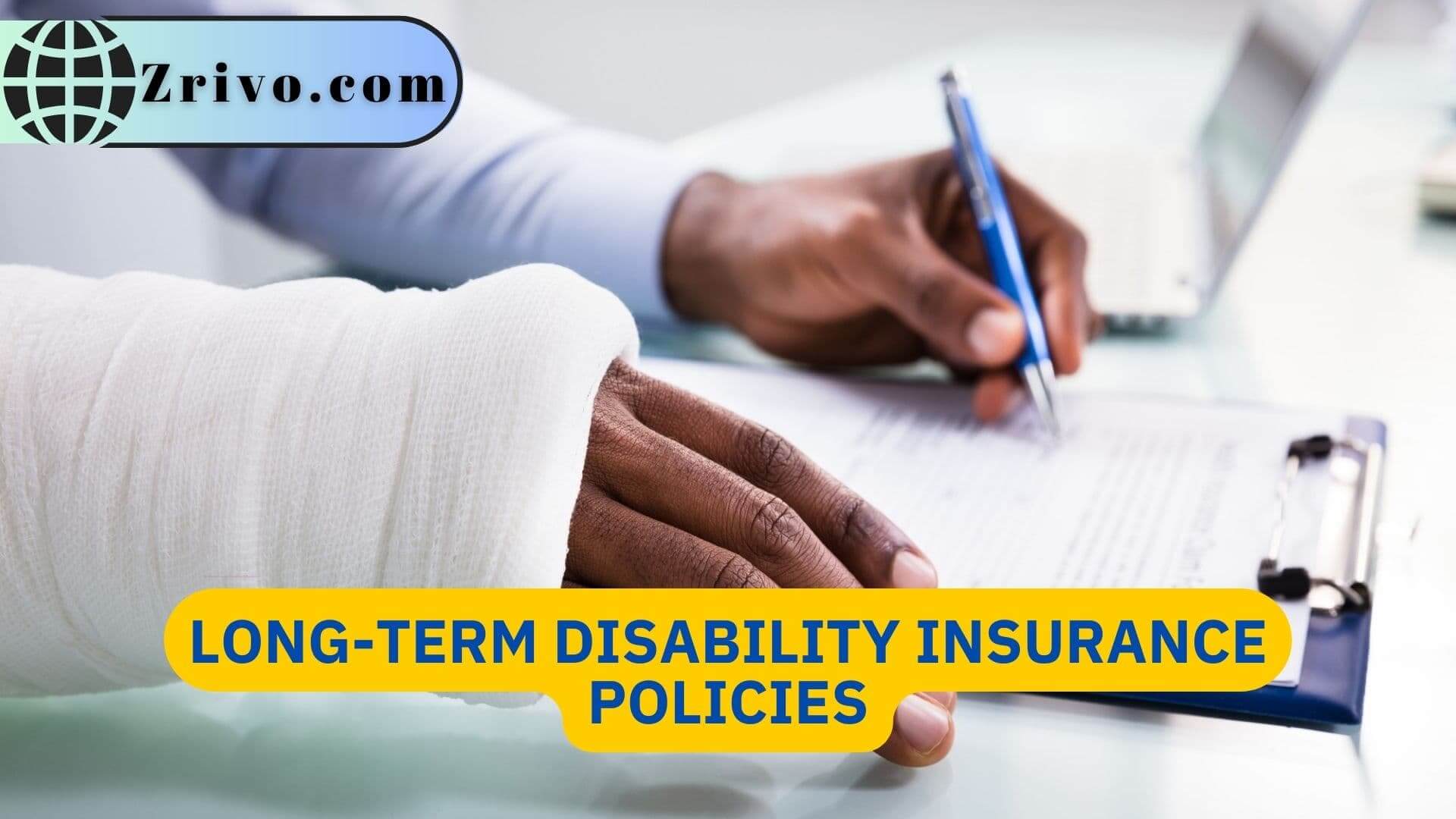
Long-term disability insurance policies cover your income if you can’t work due to an illness or injury. However, not all disabilities are the same, and what qualifies as a disabling condition will vary from policy to policy. For example, some policies define disabilities as “own-occupation” only, while others define them as “any-occupation.” The distinction is important because if you are disabled under an “any-occupation” policy, it will be impossible for you to return to your normal job after your disability. Long-term disability benefits can last from two to ten years or all the way until retirement age. Generally, the longer the benefit period, the more you will pay in premiums. It’s worth considering a long-term disability insurance policy for those concerned that they may be disabled and can’t rely solely on emergency savings to cover their expenses.
Self-employed
If you’re self-employed, it’s important to purchase a disability policy that covers the entire value of your income. This will prevent your business from going bankrupt if you become disabled and unable to work. The best disability insurance companies offer a range of policies with customizable options, benefits, and riders to meet your needs. Some are non-cancellable and guaranteed renewable, meaning the insurer can’t raise premiums or change monthly benefits or policy provisions unless you request them.

Pregnant
Pregnant women can suffer from a variety of complications during pregnancy and childbirth that keep them out of work for weeks, months, or even years. Unlike the FMLA, disability insurance provides pay replacement that doesn’t require a doctor’s note. In addition, many pregnancies accelerate dormant illnesses and conditions, making a long-term disability policy an important consideration for future moms.
Depending on the policy, long-term disability (LTD) benefits can cover up to 60% of your salary while you’re on disability leave. These benefits are typically paid until you return to work or for the number of years specified in your disability policy. However, it is important to consider that a LTD policy will not cover choosing to stay home before or after pregnancy and does not cover giving birth itself. However, it will cover many common complications arising from pregnancy, including postpartum depression (PPD), assuming they prevent you from returning to work.
Unfortunately, most existing disability policies exclude or limit payments for pregnancy-related disabilities if the problem arose prior to pregnancy. This creates a gap for most pregnant women, as pregnancy-related disabilities often occur in conjunction with other medical issues. As a result, short-term disability coverage may provide the best solution for these circumstances.
Federal employees
Although some private businesses offer long-term disability insurance, federal employees cannot access this type of coverage. If they do, the benefits are offset by the amount of Social Security and CSRS retirement benefits that employees would qualify to receive. This makes it difficult for the benefit to be worth the cost of the policy. In addition, long-term disability policies tend to have longer elimination periods than short-term disability policies. In some cases, the insurance company may require that the injured worker be unable to work in any job, regardless of how much income it can generate. This makes it more difficult for feds to secure this type of insurance.

Teachers
A long-term disability insurance policy for teachers is a great way to protect yourself in case of an illness or injury that leaves you unable to work. This type of coverage is typically offered as part of a group plan but can also be purchased individually. The premiums vary depending on a number of factors, including your age and health. Many teachers think that a disability claim will be difficult to obtain, but it’s important to know that plenty of options are available. Unlike car or home insurance, disability policies provide benefits for loss of income and other expenses if you become disabled. Fortunately, there are a few things you can do to help improve your chances of getting a disability claim approved.
Senior
Whether you are just starting out or nearing retirement, disability insurance is essential to any financial plan. It protects your income and financial future if you cannot work due to illness or injury. It’s a smart investment for anyone, but especially for young people who are building their wealth. Unlike short-term disability, long-term disability benefits last for up to a year or more and are often paid out until you reach retirement age. The amount of coverage you receive will depend on the policy you choose, and most offer a number of options for the duration of the benefit period.